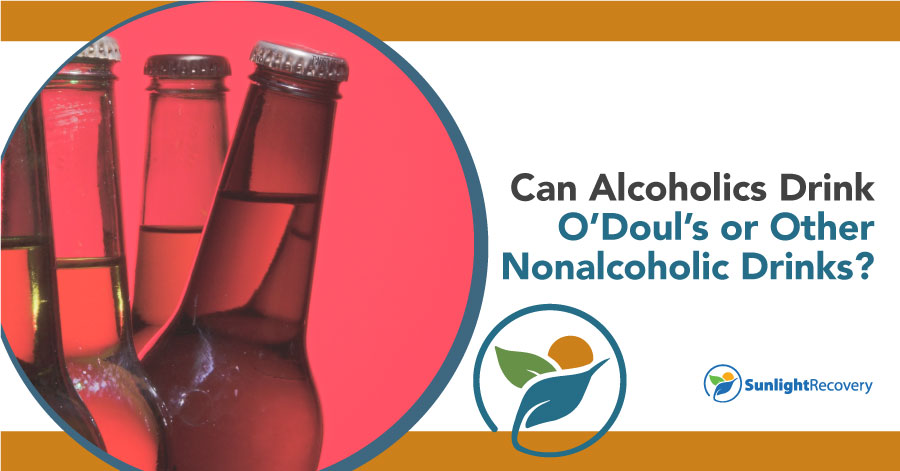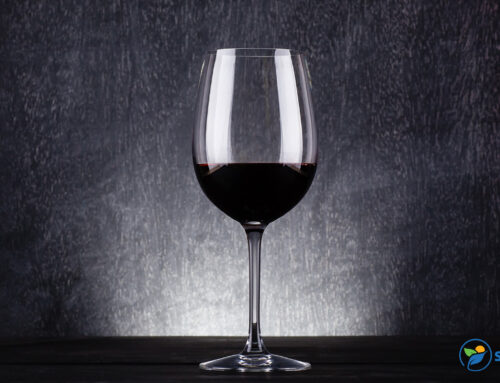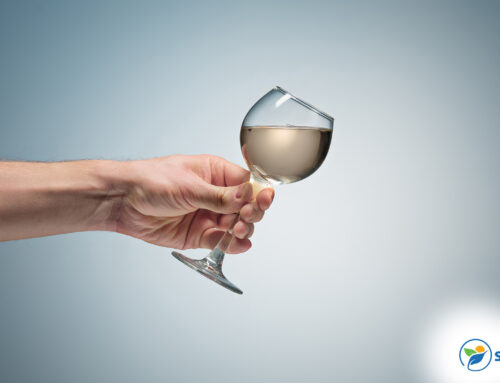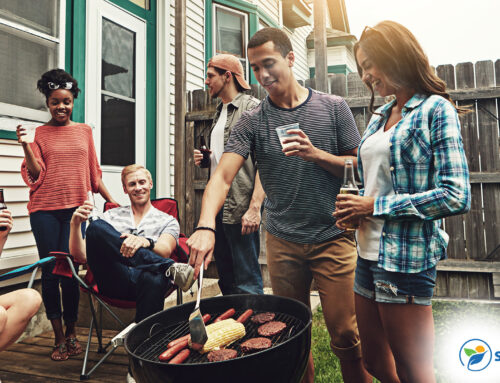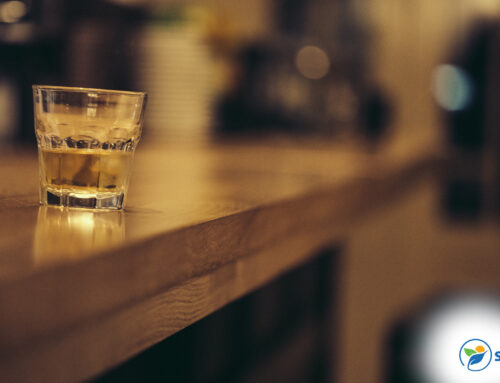Recovering from alcoholism is a challenging journey for many reasons. Alcoholism isn’t only about the addiction to alcohol itself. It’s also about having a crutch that makes people feel better when they’re struggling and can even provide a way for someone to socialize. For many alcoholics, the entirety of their social lives revolves around bars, clubs and parties where beer, liquor and mixed drinks flow freely.
To help ease the stress of early addiction treatment, many recovering alcoholics consider switching to nonalcoholic beer or mocktails, believing it can help them stay on track. While this seems like a good idea in theory, there are several reasons drinking nonalcoholic beer isn’t the best option.
What Is Nonalcoholic Beer?
Nonalcoholic beer is exactly what it sounds like: beer with little to no alcohol content designed to give people the taste without the intoxication. Nonalcoholic beer isn’t a new concept. It was first introduced in America during Prohibition in the early 1900s and may have even been used historically by the ancient Greeks and Romans when clean drinking water wasn’t available.
You might be surprised to learn that nonalcoholic beer begins its life cycle as a regular alcoholic drink. Once fermented, the beer is cooked at a low temperature for long periods so the alcohol evaporates. The nonalcoholic beer is left behind, which has the same consistency and appearance as traditional beer.
While nonalcoholic beer appears the same as its traditional counterpart at first glance, it doesn’t taste the same. This is because most of the delicate flavor profiles are lost during processing, leaving behind a less flavorful brew with a much maltier taste.
Can You Drink O’Doul’s and Mocktails in Recovery?
Recovering from alcoholism isn’t easy, which the 7.2% of Americans battling the addiction would attest to. Numerous factors and considerations are involved in addiction, and each must be overcome to remain on the path to sobriety.
A few factors in alcoholism include genetics, personal history and the home environment. Society’s views on alcohol and how it’s interwoven into social situations can also be significant factors.
Nonalcoholic drinks like O’Doul’s and mocktails look and smell similar to the real thing. For many, this seems like a good alternative and an easier way for addicts to wean off alcohol. After all, nonalcoholic drinks allow a person to remain involved in many of their previous social activities without actually consuming alcohol. However, this may be a problem rather than a solution.
For some, nonalcoholic beer is an effective option. For example, people who aren’t addicted to alcohol may switch to the alcohol-free drink when they’re pregnant, taking certain medications or just trying to cut back. Nonalcoholic beer and mocktails are also popular choices for designated drivers.
However, mental health experts don’t believe nonalcoholic beer is a good choice for recovering addicts. Many believe it can (and often does) trigger a relapse in at-risk individuals, especially in the earliest stages of addiction recovery.
Why Skipping the Nonalcoholic Beer Is the Better Choice
Changing habits is a critical aspect of addiction recovery. Most people will find that giving up beer entirely — including the nonalcoholic kind — is the only way to avoid relapse. Is drinking nonalcoholic beer a relapse? Not by itself, but it does keep a person on a slippery slope where their typical habits continue and places them in situations where relapse is likely.
Nonalcoholic beer could lead to relapse or slow the path to recovery in several ways. For example:
- It’s too similar to regular beer. Nonalcoholic beer’s biggest selling point is that it looks, feels and tastes similar to the real thing. Unfortunately, this can trigger relapse for former addicts, especially in the earliest stages of recovery.
- It can lead to euphoric recall. Euphoric recall is when someone remembers only the positive aspects of alcohol instead of the numerous negatives that led a person to seek help. This is one of the leading reasons for relapse, and nonalcoholic beer can intensify euphoric recall and the cravings that come with it.
- It allows a person to continue their habits. Nonalcoholic beer has the potential to continue exposing a person to the places, people and situations that fueled their addiction. Changing these habits is crucial to sobriety.
Does Nonalcoholic Beer Have Alcohol?
Most people assume that nonalcoholic beer doesn’t have any alcohol, but that widely held assumption is wrong. Nonalcoholic beer can legally have an alcohol content of up to 0.5%. While this may not be enough to intoxicate someone, it’s enough that a person wouldn’t be completely abstaining from alcohol. This could be detrimental to recovery and ultimately lead someone to drink the real thing.
AA and Nonalcoholic Beer: What Do People in Recovery Say?
Programs like Alcoholics Anonymous (AA) provide community support and resources crucial to people in recovery. According to AA, avoiding triggers that could prompt relapse is key to ongoing sobriety. Known as “rituals,” specific routines exist alongside addictive behaviors and are often the first step on the road to addiction.
For example, a ritual could be the bar someone goes to every Friday night without fail. Or, it could be the armchair they sit in when getting home for the day, where they crack open their first beer of the evening. During recovery, these rituals become triggers that cause a strong urge to relapse because they were part of a person’s regular routine for so long. Drinking nonalcoholic beer so a person can continue with these rituals is detrimental to the sobriety journey.
Sunlight Recovery Is Here to Help
If you or a loved one is struggling with alcohol abuse disorder, it can feel like life will never get better. But recovery is possible with the right treatment plan and support network.
Sunlight Recovery understands the challenges of sobriety, and we’re here to help at every stage of the journey. Contact us today by calling (888) 402-3647. Our compassionate team of addiction specialists is waiting to take your call and help you start your recovery journey today.


